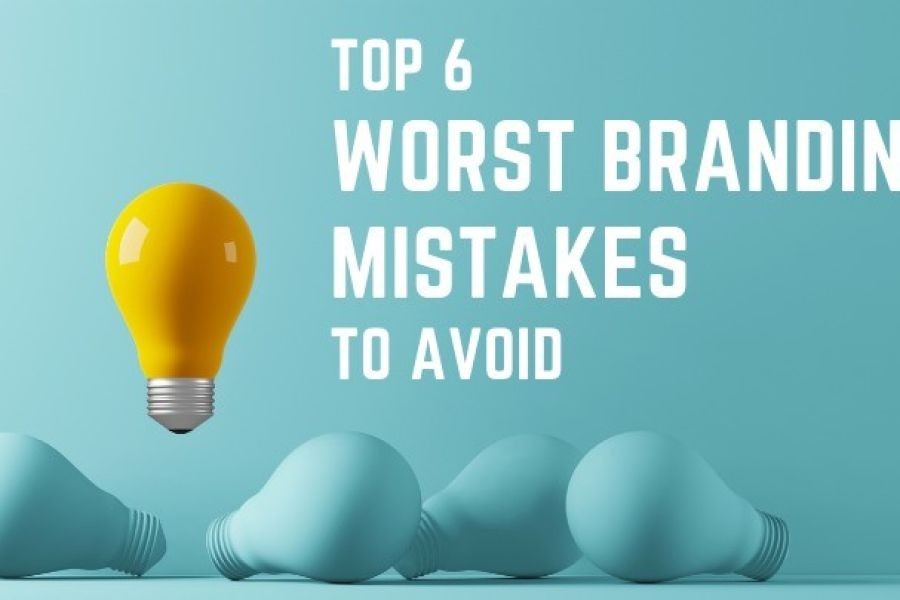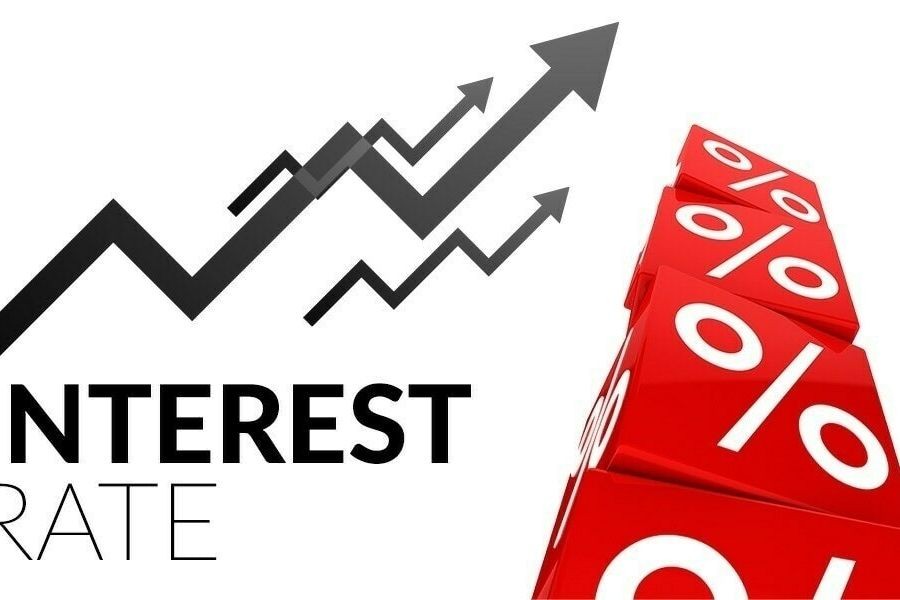The power of emotion in brand marketing is often underestimated, yet it plays a crucial role in shaping consumer perceptions and driving purchasing decisions. In New Zealand, where diverse cultures and a strong sense of community prevail, emotional branding can be an incredibly effective strategy. But why does emotion work so well in brand marketing, and how can businesses leverage this to their advantage?
Understanding the Emotional Connection
Emotion in marketing taps into the fundamental human need for connection. According to a report by Stats NZ, 70% of New Zealanders state that they feel more loyal to brands that share their values or make them feel understood. This statistic underscores the importance of emotional resonance in marketing efforts.
Emotional branding isn't just about making people feel good. It's about creating a narrative that aligns with the consumer's identity and values. For example, the "100% Pure New Zealand" campaign effectively harnesses national pride and environmental consciousness, striking a chord with both locals and international audiences.
Real-World Case Study: Air New Zealand
Problem:
Air New Zealand faced the challenge of differentiating itself in a highly competitive aviation market. The company needed to enhance customer loyalty and brand recognition without compromising its unique Kiwi identity.
Action:
Air New Zealand embarked on an innovative marketing campaign that incorporated humor and local culture into their in-flight safety videos. By using familiar Kiwi icons and celebrities, they created a sense of national pride and connection among passengers.
Result:
The campaign resulted in a 20% increase in customer engagement and significantly improved brand perception. Air New Zealand was able to differentiate itself by showcasing its commitment to New Zealand's culture and values.
Takeaway:
This case study highlights the power of using cultural touchpoints and humor to create emotional connections. Businesses in New Zealand can apply similar strategies by embracing local culture and values to strengthen brand loyalty.
Pros and Cons of Emotion-Driven Marketing
Pros:
- Higher Engagement: Emotional appeals are more likely to grab attention and foster engagement.
- Stronger Loyalty: Brands that evoke emotions can build a loyal customer base that aligns with their values.
- Virality Potential: Emotional content is more likely to be shared, increasing brand visibility.
Cons:
- Risk of Misinterpretation: Emotional messages can be misinterpreted, leading to backlash.
- Complex Execution: Creating genuine emotional connections requires thoughtful and sometimes complex execution.
- Short-Term Focus: Over-reliance on emotional marketing may overlook the importance of other marketing fundamentals.
Common Myths & Mistakes
Myth: "Emotional marketing is only about making people happy."
Reality: Emotional marketing encompasses a range of emotions, including fear, nostalgia, and even anger, to drive action and loyalty.
Myth: "Emotions don't affect purchasing decisions."
Reality: A study from the University of Auckland found that 95% of purchasing decisions are subconscious and driven by emotion.
Future Trends & Predictions
By 2028, it's predicted that emotional AI technologies will play a significant role in personalizing customer experiences in New Zealand. The integration of AI with emotional analytics could transform how brands interact with consumers, making interactions more personal and engaging.
Conclusion
The role of emotion in brand marketing is undeniable and offers numerous benefits for businesses looking to strengthen their brand presence and customer loyalty. In New Zealand, leveraging local culture and values can significantly enhance these efforts. As businesses continue to explore the potential of emotional branding, the key will be to balance emotional appeal with authenticity and ethical considerations.
What’s your take on the power of emotion in marketing? Share your insights or experiences in the comments below!
Related Search Queries
- Emotional branding examples in New Zealand
- How do emotions impact consumer behavior?
- Successful marketing campaigns in NZ
- Emotional marketing strategies
- The future of AI in marketing

































StevieLarn
6 months ago